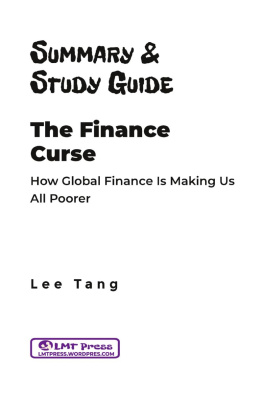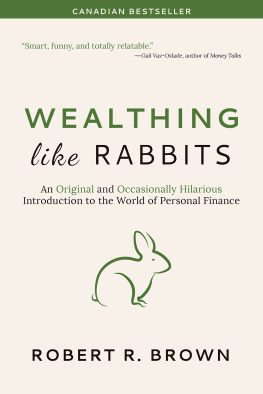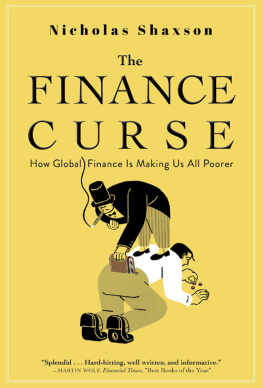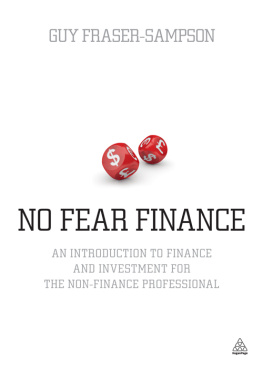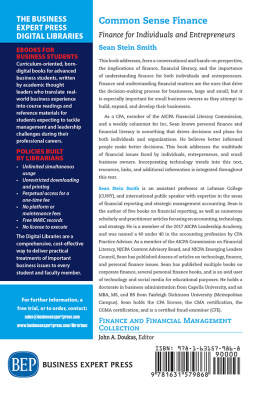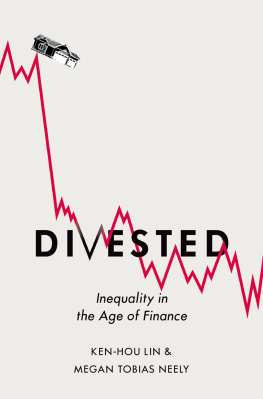Niamh Mulcahy - Class and Inequality in the Time of Finance: Subject to Terms and Conditions
Here you can read online Niamh Mulcahy - Class and Inequality in the Time of Finance: Subject to Terms and Conditions full text of the book (entire story) in english for free. Download pdf and epub, get meaning, cover and reviews about this ebook. year: 2021, publisher: Routledge, genre: Politics. Description of the work, (preface) as well as reviews are available. Best literature library LitArk.com created for fans of good reading and offers a wide selection of genres:
Romance novel
Science fiction
Adventure
Detective
Science
History
Home and family
Prose
Art
Politics
Computer
Non-fiction
Religion
Business
Children
Humor
Choose a favorite category and find really read worthwhile books. Enjoy immersion in the world of imagination, feel the emotions of the characters or learn something new for yourself, make an fascinating discovery.

- Book:Class and Inequality in the Time of Finance: Subject to Terms and Conditions
- Author:
- Publisher:Routledge
- Genre:
- Year:2021
- Rating:3 / 5
- Favourites:Add to favourites
- Your mark:
Class and Inequality in the Time of Finance: Subject to Terms and Conditions: summary, description and annotation
We offer to read an annotation, description, summary or preface (depends on what the author of the book "Class and Inequality in the Time of Finance: Subject to Terms and Conditions" wrote himself). If you haven't found the necessary information about the book — write in the comments, we will try to find it.
This book explores the effects of the gradual liberalisation of capital markets and the expansion of consumer credit on poorer households in the United Kingdom, with particular attention to the precariousness caused by a lack of savings and a reliance on debt. Asking what it means for poorer working individuals and households to be subject to the demands of finance, the author draws on Michel Foucaults theory of subjectivation as well as Louis Althussers interest in class, actively theorising the constraints of low income or precarious work on financial planning, alongside the reorganisation or rollback of government benefits. A contribution to our understanding of the ways in which financial concerns deepen and expand economic inequality, Class and Inequality in the Time of Finance shows how finance stratifies individual subjects rather than simply individualising and separating them. As such, it will appeal to scholars of sociology with interests in neoliberalism, economic austerity, and consumer credit and debt.
Niamh Mulcahy: author's other books
Who wrote Class and Inequality in the Time of Finance: Subject to Terms and Conditions? Find out the surname, the name of the author of the book and a list of all author's works by series.

